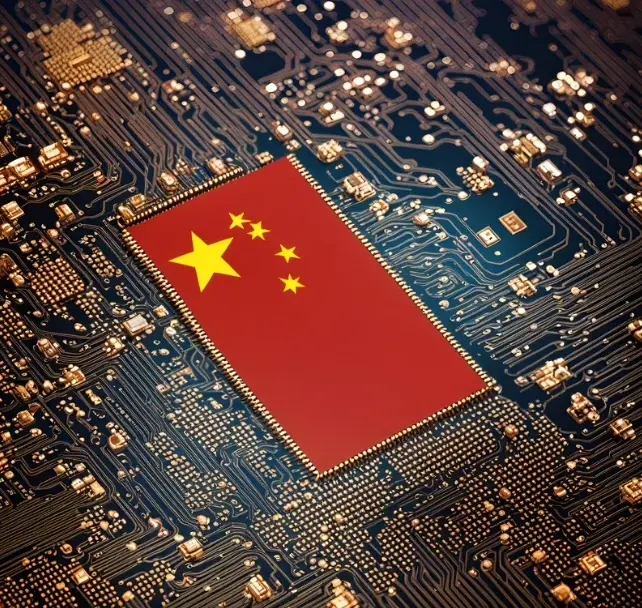The competitive environment in China’s AI chip market is experiencing a major transformation as Huawei begins to challenge Nvidia’s dominance. This shift is largely driven by US sanctions on Huawei and restrictions on Nvidia’s advanced processors, which have reshaped the market dynamics.
Huawei’s internally developed 910B Ascend chips are quickly gaining popularity across multiple sectors, thanks to the rising use of “AI boxes.” These AI boxes are integrated units that combine AI chips, industry-specific algorithms, and pre-trained large AI models, offering ready-to-use solutions for smaller businesses and government agencies. They provide a cost-effective option for these entities to fine-tune services based on large models without hefty investments.
Huawei's Market Expansion
Previously, Nvidia dominated the mainland market, but now there's a potential shift with Huawei likely to surpass its American competitor. In reaction to US export restrictions on its A800, H800, and L40S processors, Nvidia has launched lower-grade chips like the H20 specifically for China. These chips are sold at a discount compared to Huawei’s Ascend 910B chips, highlighting the increased competition and market challenges Nvidia is facing.
Huawei’s Ascend ecosystem has expanded rapidly, with 40 hardware partners, 1,600 software partners, and 2,900 AI application solutions. Major Chinese firms like Tianjin Sitonholy and SenseTime are adopting Huawei chips for their AI boxes. SenseTime even expects a doubling of its generative AI sales due to these AI boxes.
Analysts' Predictions
Experts predict that Huawei’s growing AI chip business will soon dominate the market. AI boxes, considered crucial for businesses, are anticipated to feature primarily local players led by Huawei. Insights from Pacific Securities and Counterpoint analysts emphasize Huawei’s technological prowess and significant market potential. However, the speed of Huawei’s rise depends on its production capabilities, as manufacturing high-performance AI accelerators and server processors is more complex than mobile system-on-a-chip products.
Despite these advancements, Nvidia remains a major player, having captured 90% of AI chips sold in China during the first half of the previous year, compared to Huawei’s 6%. Nonetheless, the market is shifting, with more Chinese companies launching AI boxes using Huawei chips. Nvidia’s tailored-for-China chips, including the H20, are currently sold at a discount compared to Huawei’s offerings.
Future Outlook
Moving forward, Huawei is expected to focus more on AI chips rather than mobile chips to secure a leading position in China. Collaborations with firms like iFlyTek aim to tackle computing-power limitations, with products like the Spark Number 1 AI box set against Nvidia’s A100 processor.
Nvidia’s strategic response to this competitive pressure includes price reductions and the introduction of custom chips for the Chinese market. Despite these measures, analysts point out the uncertainty surrounding Nvidia’s future in China amid US-China tensions and a highly competitive market.
As China’s share of the global AI industry is projected to exceed 30% by 2035, the ongoing rivalry between Huawei and Nvidia in the AI chip market will have significant implications for both companies and the broader industry.


Leave a Reply